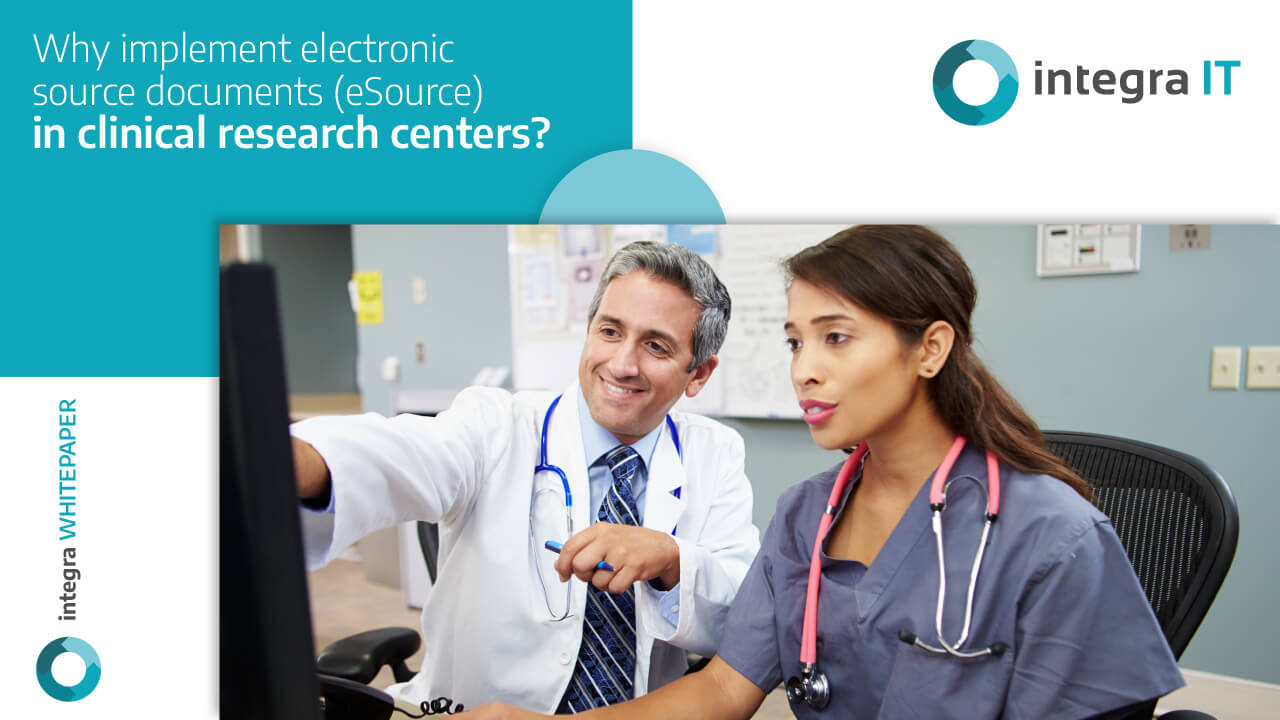Understanding the specific needs for EMRs designed to cover clinical and research tasks. Integra IT has created a GCP-compliant EMR allowing the operational integration of the participant information. Making unified patient care and diagnosis history easy to access, likewise have a better decision support.
Integra IT’s Electronic Medical Records EMR
advantages in clinical research:
- Easy to set up by the site according to visits and each study protocol specifications
- Better understand the patient’s health state; record, aggregate, and analyze critical data for clinical research.
- In Integra IT EMR, patient data is organized, cleaned, and ready to be analyzed for a specific research question.
- EMR information is accessible to particular roles and secure under strict safety parameters.
- It can be integrated with the Lab samples module, therefore recording lab results in real-time in the EMR.
- Mitigate incomplete case documentation with alerts and obligatory fields.
- Integra’s audit-trail feature guarantees transparent information management and traceability.
- EMR filling can be via telehealth, phone call, or chat due to its web-based feature.
- Optimize the resources like staff time and document digitalization.
Point-of-care EMR data can be used to improve clinical trial participants’ experience within the site, and the communication between research team members, facilitating requests and task assignments. As a result, the EMR is an opportunity to understand better the patient’s health state, get critical data sets, and improve patient care during the clinical study. The EMR, like other EHR systems, avoids the most common problems of paper records, like precision and partial filling.
“For us is great to have remote access to patient charts, laboratory result availability, and appointment reminders for our current vaccine clinical trials”. Says Felipe Duran, Project Manager from Cevaxin, a research site network in Panama, when highlighting some of the Trial 360 benefits.”
Integra IT has developed a complete clinical trial management system for sites with a GCP-compliant EMR for clinical research. Additionally, with Integra’s patient-focused mobile applications is possible to record real-time information such as symptoms, alerts, and answers to patients’ doubts. Furthermore, Integra IT tools ensure data safety, accuracy, storage, and privacy protection policies and are safeguarded and supported as specified by the FDA 21 CFR Part 11.
To learn more about Integra IT research site management system and its EMR, Trial 360; as well as complementary systems and mobile solutions of Integra IT, please visit: www.integrait.co




